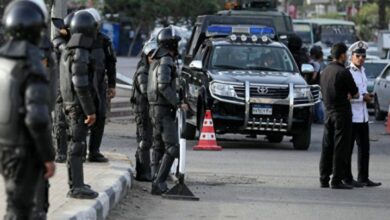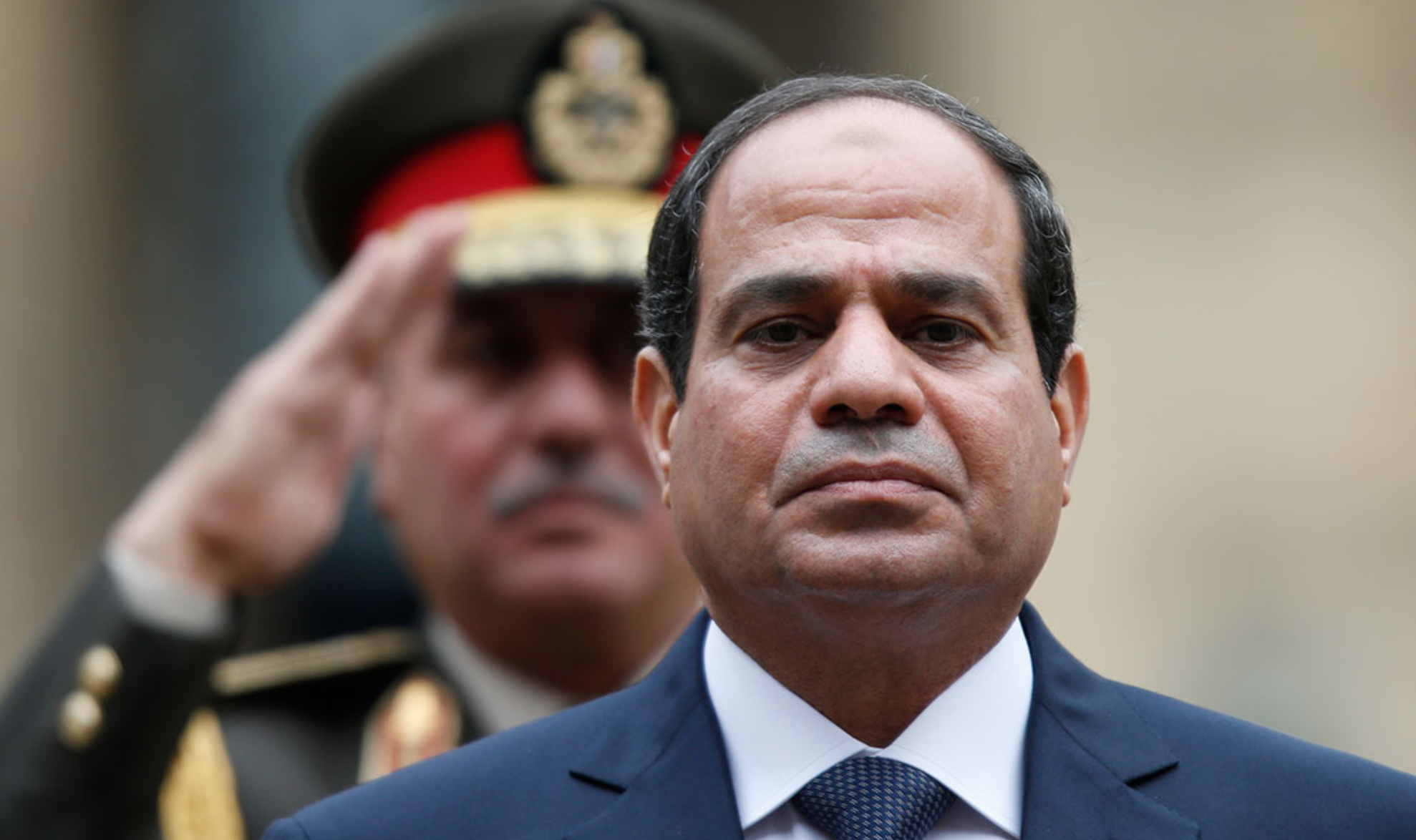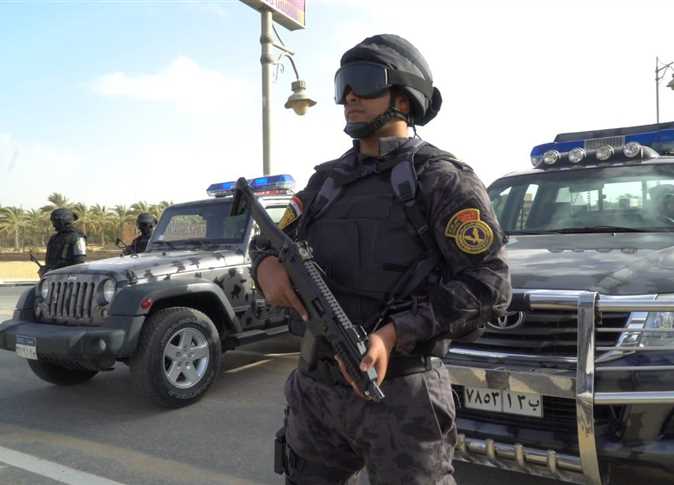The latest debate regarding Egypt’s state of emergency is not over whether it should be in place following the 25 January revolution, but instead over whether or not Egypt is being governed by an Emergency Law at all.
On 20 September, Tarek al-Bishry, a jurist and member of the constitutional amendments committee told Al Jazeera Mubasher Misr that according to the March Constitutional Declaration – which he had helped write as a member of the committee – the state of emergency is now over. Article 59 of the Constitutional Declaration says that the country cannot have a state of emergency in place for more than six months without a popular referendum, and Bishry noted that the Supreme Council of the Armed Forces (SCAF) has no authority to extend the law without holding a referendum.
Head of the Military Judiciary Authority General Adel al-Morsy, however, said that the Emergency Law is still in force and will remain so until 30 June 2012.
The difference in opinion centers around whether the Constitutional Declaration supersedes Executive Order 126, which on 30 June of last year renewed the state of emergency for two more years, pursuant to Law 560/1981.
Morsy told the state-run news agency MENA that Law 560 remains in force on the basis of Article 62 of the Constitutional Declaration, which was ratified by popular referendum in March. Article 62 states that laws passed before the enactment of the Constitutional Declaration remain in force, therefore leaving Executive Order 126 in effect.
Morsy emphasized that the only aspect of Executive Order 126 that has been amended is the scope of its application. In 2010, then-President Hosni Mubarak announced that the use of Emergency Law powers would be restricted to terrorism, drug dealing and espionage offenses.
But last week, following a breach of the Israeli Embassy by protesters on 9 September and subsequent clashes in front of the Giza Security Directorate, the SCAF expanded the Emergency Law’s powers to cover more offenses, including criminal damage and “spreading false news and information.”
This view is supported by lawyer Ahmed Saif, who said that the state of emergency declared in 2010 remains in force because the SCAF has not explicitly ended it.
Heba Morayef, a researcher with Human Rights Watch, in Egypt, agreed. She pointed out that Executive Order 193 – the decision to expand the scope of the Emergency Law made last week – explicitly references Executive Order 126, which limited the scope of the emergency law in 2010. This, Morayef said, confirms that Executive Order 126 is still in force.
Furthermore, Morayef contended, Article 59 does not apply because the state of emergency was a separate military order removed from Article 59 and the Constitutional Declaration as a whole – and thus its restrictions cannot be invoked.
“Legally speaking the Constitutional Declaration is a military decree and is therefore of the same value as [Executive Order] 193, which supersedes it because it is more recent and because it expressly says so in the text,” Morayef said.
Bishry, however. told Al Jazeera Mubasher Misr that according to the Constitutional Declaration, a state of emergency cannot be renewed for more than six months without being put to popular referendum.
Since the Constitutional Declaration came into force on 20 March 2011, it should end on 19 September 2011, Bishry contended.
Adel Ramadan, a legal officer at the Egyptian Initiative for Personal Rights, said a 1991 Cassation Court ruling on a situation similar to the current predicament supports this view.
The Cassation Court was asked to rule on the constitutionality of a law that allowed house searches without legal warrants passed before the promulgation of the 1971 Constitution, which deemed such searches illegal.
In its reasoning, the Court said that the Constitution was the “supreme law” and that a law contradicting the Constitution would be considered invalid.
A state of emergency has been in force in Egypt since 1981. The wide and unchecked powers it gives police were frequently criticized by rights groups and its cancellation has been a consistent demand of protests in Tahrir Square since 25 January.




